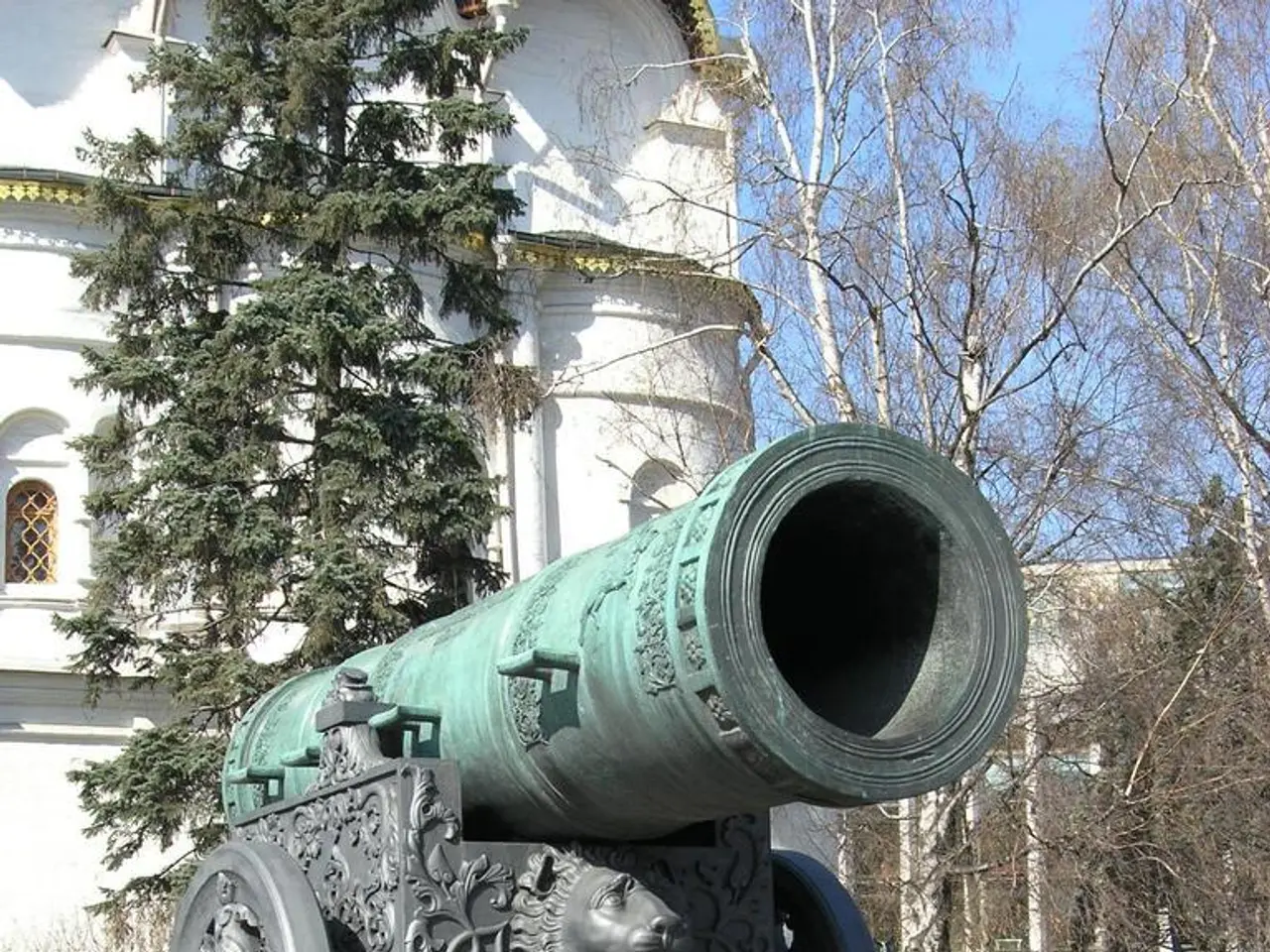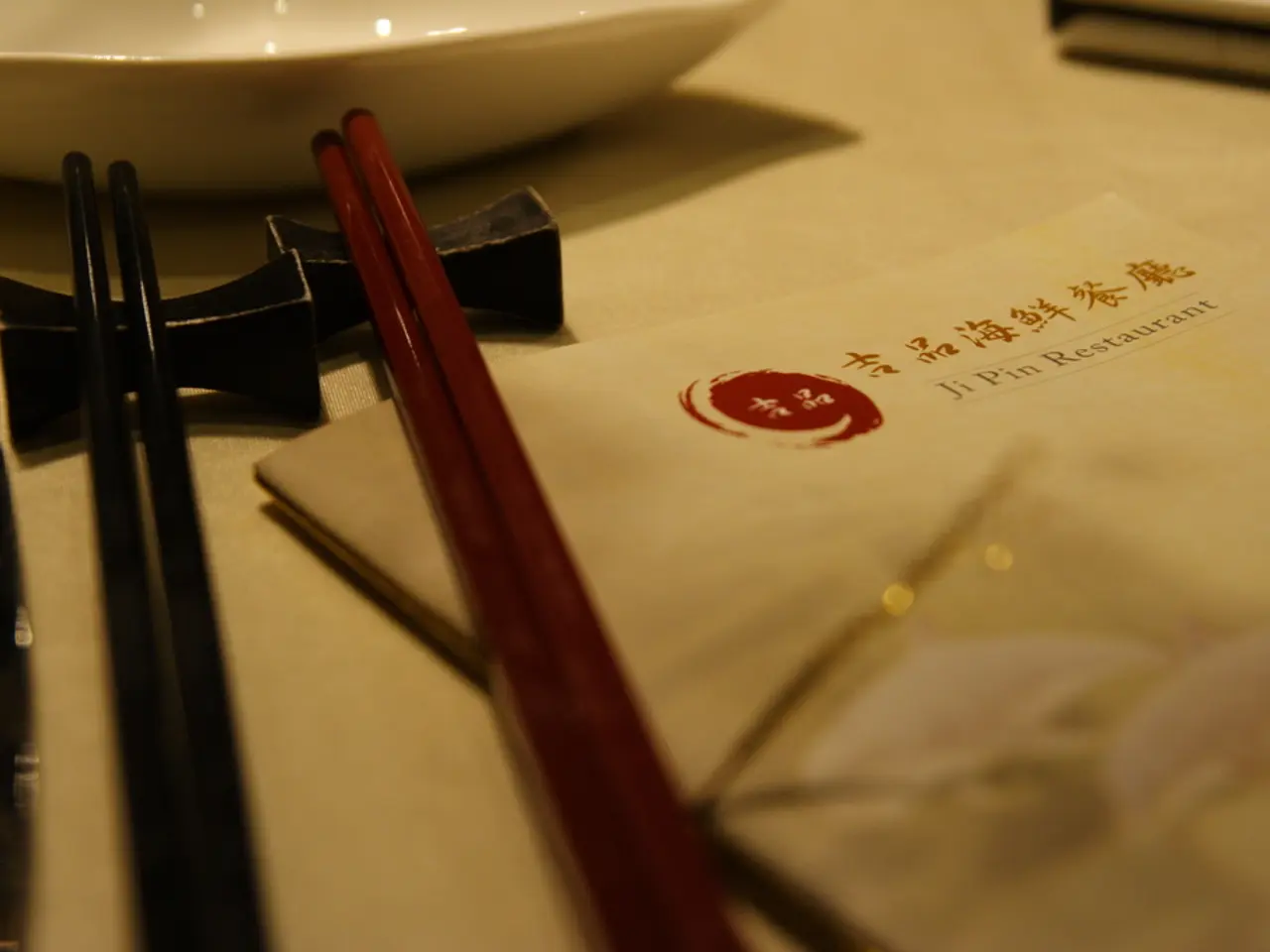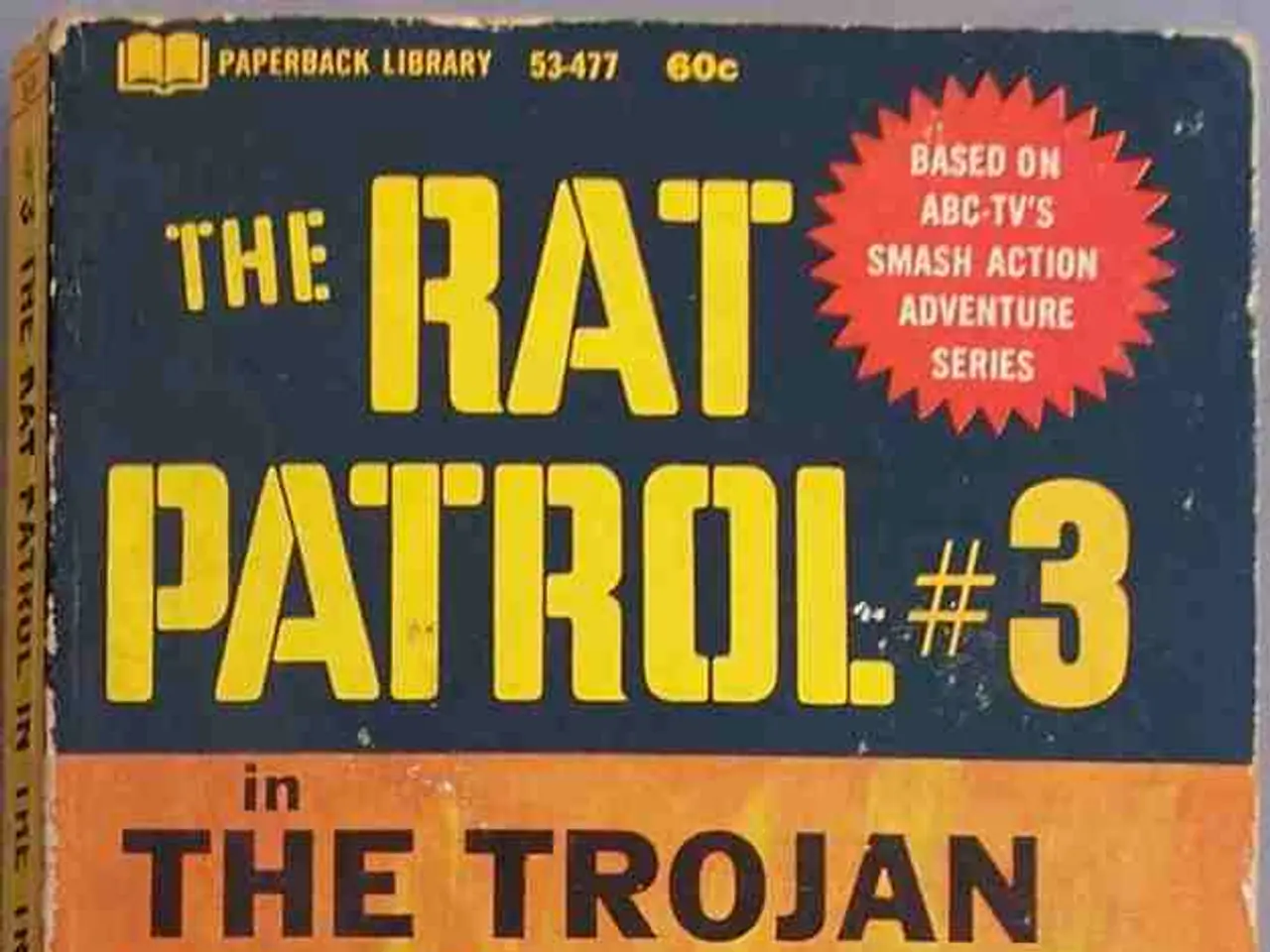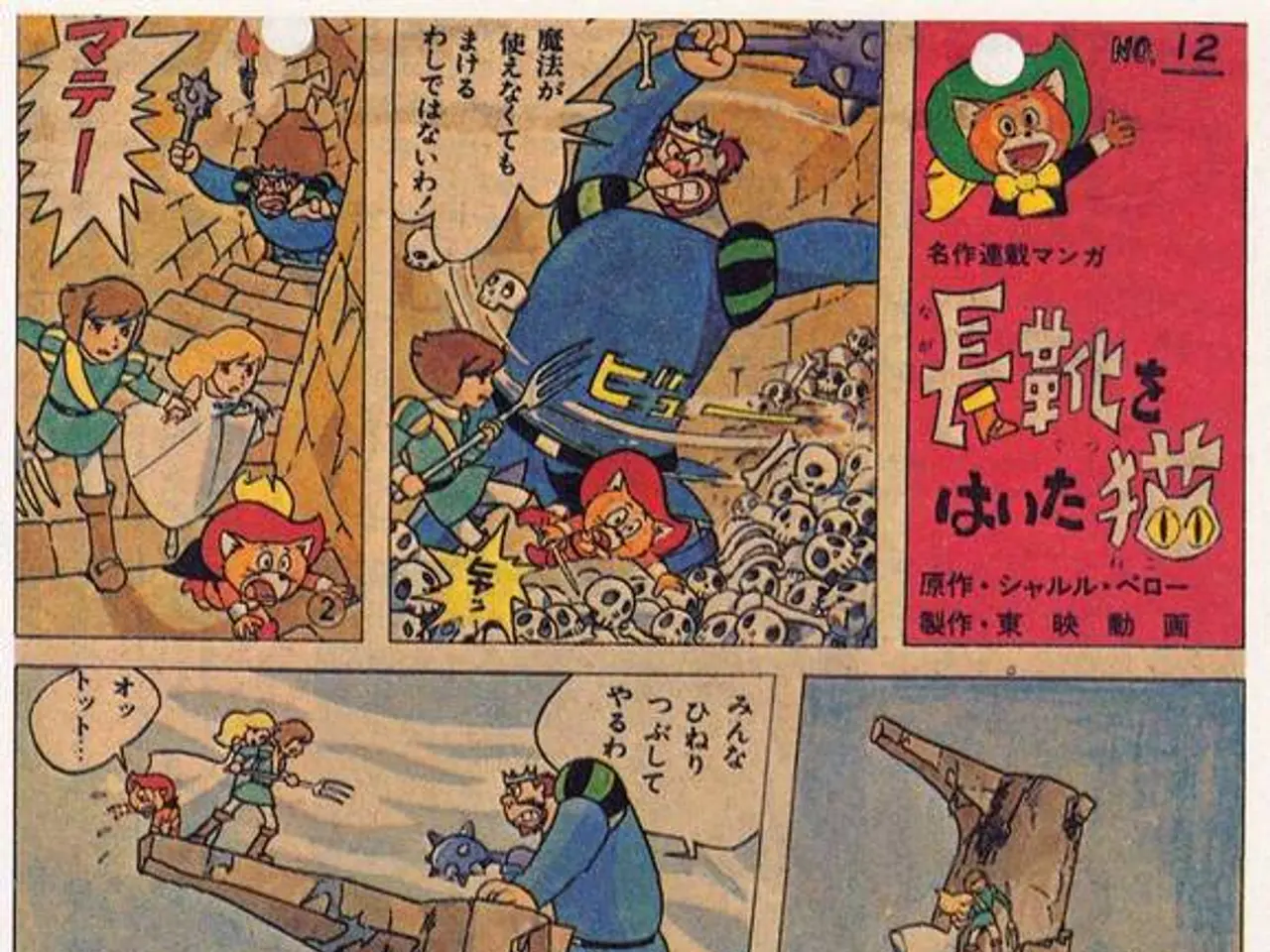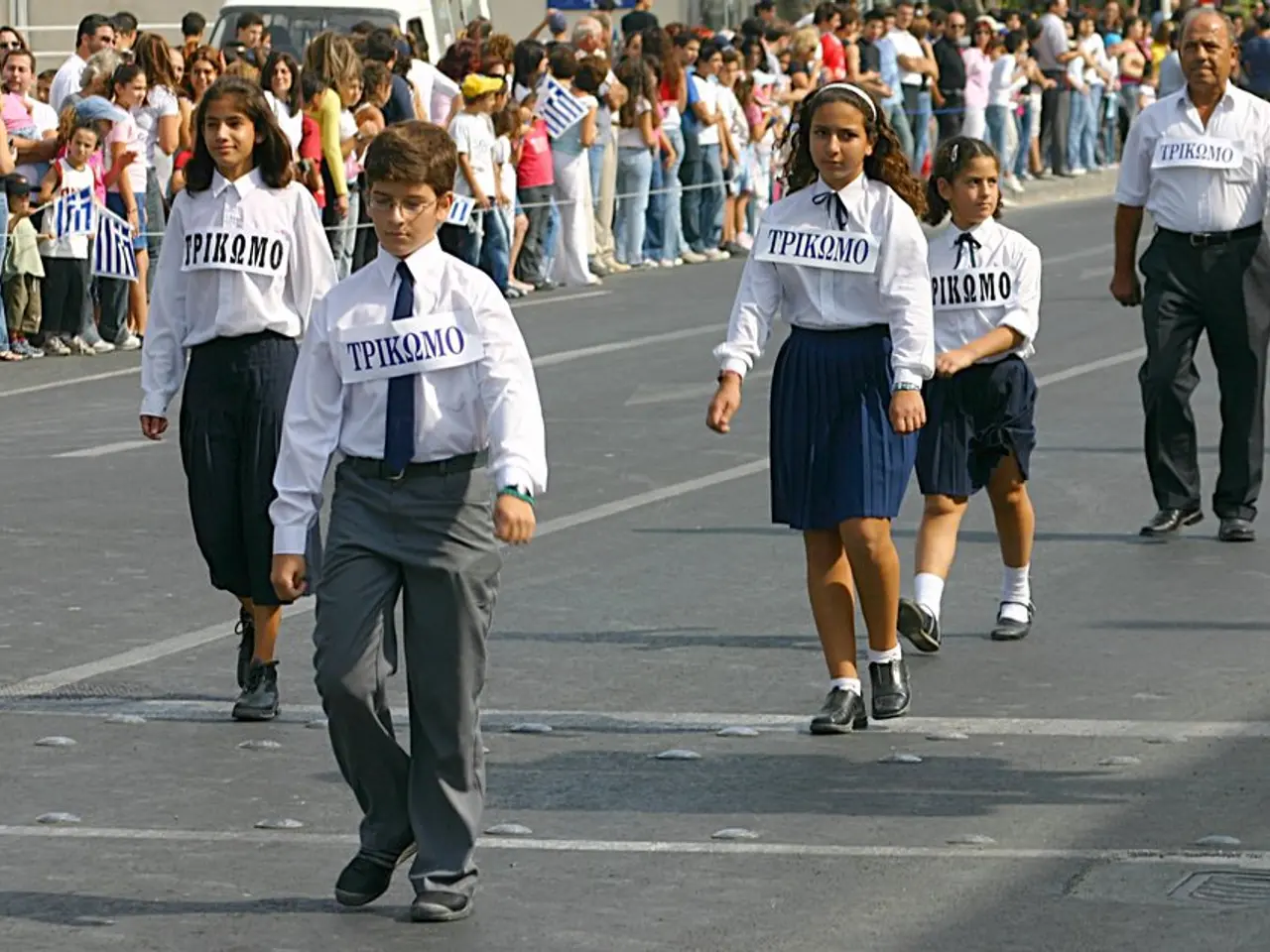US-Russia tensions mount following Washington's nuclear submarine deployment and Moscow's call for caution
Tensions Persist in Russo-American Relations Amidst Naval Deployments and Diplomatic Efforts
The current state of Russo-American relations remains tense and cautious, with ongoing diplomatic engagements but firm stances on sanctions and military posturing. Recently, Russia’s President Vladimir Putin met with US special envoy Steve Witkoff in Moscow to discuss issues including a ceasefire in Ukraine, ahead of a deadline set by US President Donald Trump[1][3].
In parallel, the US continues to prepare for the imposition of secondary sanctions targeting Russia's trade partners and oil-buying countries like China and India, aiming to further restrict Moscow's access to financing amidst the ongoing war in Ukraine[1]. Despite diplomatic talks, Russia maintains a hard line, condemning US sanctions and tariffs as illegitimate[1].
Regarding military gestures, there has been increased activity including Russian and Chinese joint naval exercises, reflecting closer Russo-Chinese military cooperation, while the US is reportedly responding with military deployments, notably US submarine deployments, as a show of strength and deterrence in reaction to aggressive rhetoric by former Russian President Dmitri Medvedev[2]. This signals heightened strategic competition in naval and submarine capabilities between the US and Russia.
The deployment of the submarines was a reaction to inflammatory statements by Medvedev, who has been making martial comments towards the West on social media since 2022[2]. However, the exact location or type of the submarines currently in service remains undisclosed[2]. Donald Trump did not specify where exactly the submarines would be sent or whether they were nuclear-powered or carried atomic warheads[2].
On the diplomatic front, a meeting between Witkoff and Putin is not excluded[1]. The Kremlin spokesman views Witkoff's visit as "important and useful"[1]. So far, the Kremlin has rejected Zelensky's proposal for a personal meeting[1]. Ukrainian President Volodymyr Zelensky has repeatedly expressed a willingness to meet Putin to unblock discussions[1].
In response to the submarine deployment, Russia appears to want to calm things down[2]. The spokesman for the Russian presidency, Dmitri Peskov, called for caution in statements on nuclear issues[2]. Peskov also sought to downplay the significance of the deployment, stating that the submarines are already in service permanently[2].
However, tensions escalated further when Medvedev mentioned "the dead hand," an ultra-secret nuclear deterrent system designed during the Cold War, in his inflammatory statements[2]. These conditions are unacceptable to Ukraine[2].
In summary, despite diplomatic efforts, Russo-American relations are characterized by a balance of cautious diplomacy, economic sanctions, and military posturing[1][2][3]. The US is signaling firm resistance to Russia’s actions in Ukraine and political pressure, while Russia consolidates ties with China and rejects Western pressures[1][2][3].
Diplomatic talks between Russia and the US continue regarding the ceasefire in Ukraine, but secondary sanctions from the US are targeting Russia's trade partners, heightening the ongoing political tensions between the two nations. Meanwhile, war-and-conflicts persist in Ukraine as both countries engage in general-news-worthy actions, such as increased naval deployments and military exercises.
